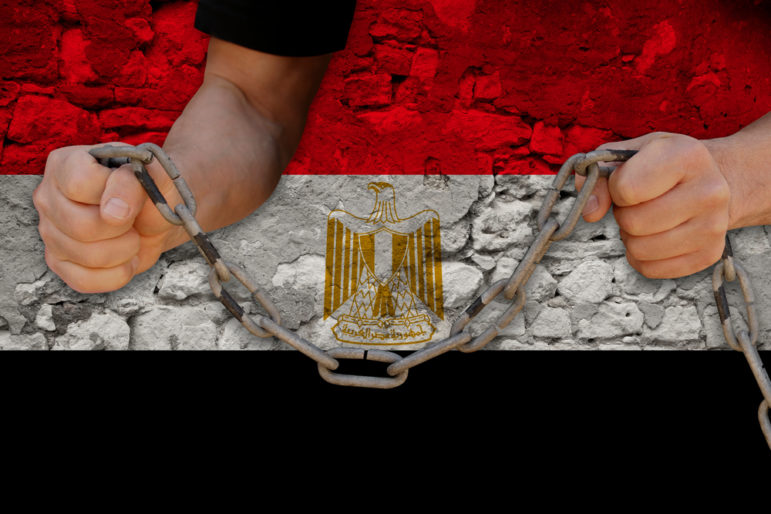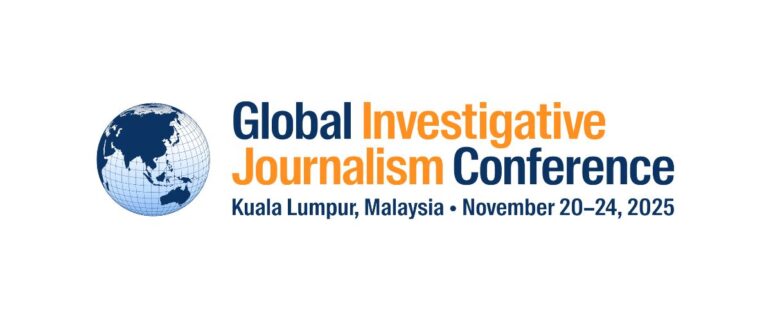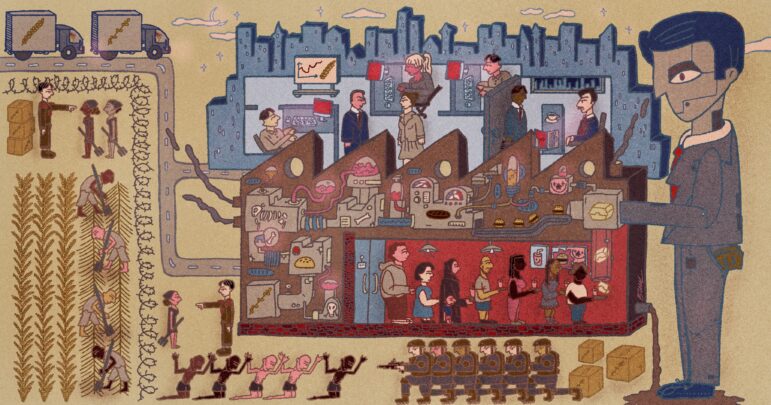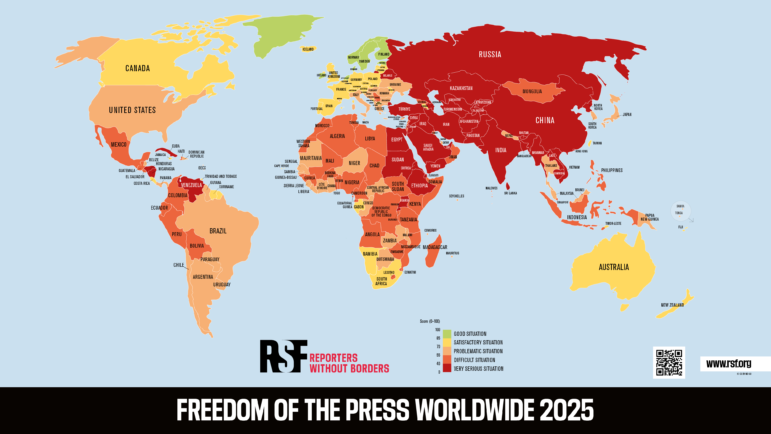

Image: RSF Global Press Freedom Index
Reporters Without Borders: Global Press Freedom at Unprecedented, Critical Low
The 2025 Reporters Without Borders’ Press Freedom Index and report, published today, describe a marked deterioration of press freedom around the world, with journalists and media facing difficult economic conditions and journalists in the US operating in an increasingly hostile environment.
For the first time, RSF has classified the state of press freedom globally as in a “difficult situation,” noting that following several years of decline, the conditions for journalism are now rated “poor” in half the world’s countries and the average score of all assessed countries has fallen to 55 — a new low point.
RSF notes in its report that while physical attacks against journalists are the most visible violations of press freedom, economic pressure, such as ownership concentration, pressure from advertisers or financial backers, and restricted public financing — is also a major problem and is “more insidious.” Of the five main indicators RSF uses to determine the World Press Freedom Index rankings, the indicator that measures the financial conditions of journalism is at its lowest point in history.
“Guaranteeing freedom, independence, and plurality in today’s media landscape requires stable and transparent financial conditions,” said Anne Bocondé, RSF’s editorial director. “The media economy must urgently be restored to a state that is conducive to journalism and ensures the production of reliable information, which is inherently costly.”
“Without economic independence, there can be no free press,” she added. “When news media are financially strained, they are drawn into a race to attract audiences at the expense of quality reporting.”
The report describes the United States as the “leader of the economic depression,” after its economic indicator fell 14 places in two years. The US, which has fallen to 57th in the index, is now classified in the “problematic situation” category. Local news in the US in particular has been adversely affected by financial difficulties, with “vast regions” becoming news deserts, and the country’s social indicator — which assesses the sociocultural context in which journalists operate — has fallen 28 places amid unprecedented distrust of the media. RSF cites the Trump administration’s abrupt end to funding for the US Agency for Global Media — which runs Voice of America and Radio Free Europe/Radio Liberty — and USAID as examples of the administration’s attacks on the free press.
The report also notes that the situation for journalists in Palestine (ranked 163rd), where hundreds of journalists have been killed reporting on the Gaza conflict, as “disastrous.”
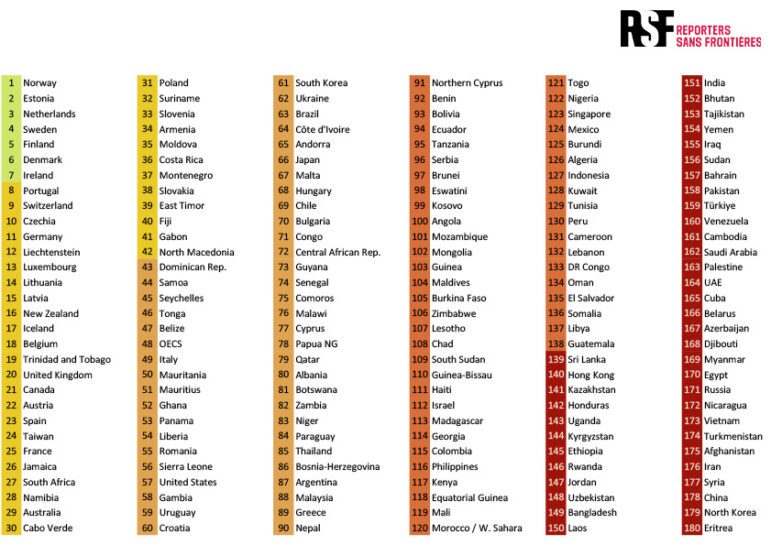
The global average score in the 2025 World Press Freedom Index has fallen to 55, a new low. Image: Screenshot, RSF
Thanks to economic hardship, media outlets are shutting down in nearly one-third of countries globally — with 34 countries standing out for seeing “mass closures” of news outlets, including Nicaragua, Belarus, Iran, and Afghanistan. Even countries with relatively robust press freedom that rank highly on the index face challenges with funding and editorial independence — such as New Zealand (16th) and South Africa (27th).
Marking World Press Freedom day elsewhere, David Walmsley, the editor in chief of Canada’s Globe and Mail, called for the press to “redouble our efforts to support all journalists and editors facing reprisals,” and not to forget journalists like Jimmy Lai, who is being kept in solitary confinement in Hong Kong.
“Those who stand up to the State are often journalists, and Jimmy Lai and his now defunct Apple Daily newsroom are not forgotten,” he wrote in a piece for WAN-IFRA.
Lai, 77, who has been jailed since 2020, has been charged with sedition and conspiring to collude with foreign forces. His lawyers say he has been “prosecuted for being a journalist.”
He is one of 10 reporters featured on a list of the most urgent press freedom cases created by the One Free Press Coalition of “journalists who are incarcerated, under threat, or facing injustice.” Also on the list this year are reporters in the Philippines, Myanmar, Vietnam, Russia, Belarus, China, Turkey, Azerbaijan, and Kyrgyzstan — two of whom are investigative reporters.
Two of the reporters on last year’s list — the Wall Street Journal’s Evan Gershkovich and RFE/RL’s Alsu Kurmasheva were released in a Russian prisoner swap. Another journalist on the list was Victoria Roshchyna, who died in Russian detention.
Joel Simon, the founding director of the Journalism Protection Initiative, and previously the executive director of the CPJ, warned that “among countries experiencing a slide into autocracy, censoring the media is a favored strategy.”
“Once autocratization takes hold, it is very difficult to reverse,” he wrote in a WAN-IFRA piece. “But where it has been thwarted it’s because the free media held its ground, continuing to report the news with bravery and determination. This is the duty of journalists everywhere.”
Reflecting on the rapidly changing press freedom situation in the US, Marty Baron, the former editor of the Washington Post, warned that “a coordinated attack is already underway” in Donald Trump’s America.
“Radio Free Europe, Radio Free Asia, and Voice of America have been shut down. Congress is moving to defund public media like NPR and PBS,” he said in an interview with Mateusz Mazzini, the reporter-at-large at Poland’s Gazeta Wyborcza. “Then there’s the case of the Associated Press. This historic agency has been completely cut off from the White House simply for using the globally accepted term ‘Gulf of Mexico,’ instead of Trump’s preferred ‘Gulf of America.'”
“Trump has also taken control over which reporters have access to him. That used to be the job of the White House Correspondents’ Association. Now, Trump decides who can ask questions,” Baron added. “So Trump, as president, dictates language and restricts topics. And as a private citizen, he pressures media through lawsuits.”


